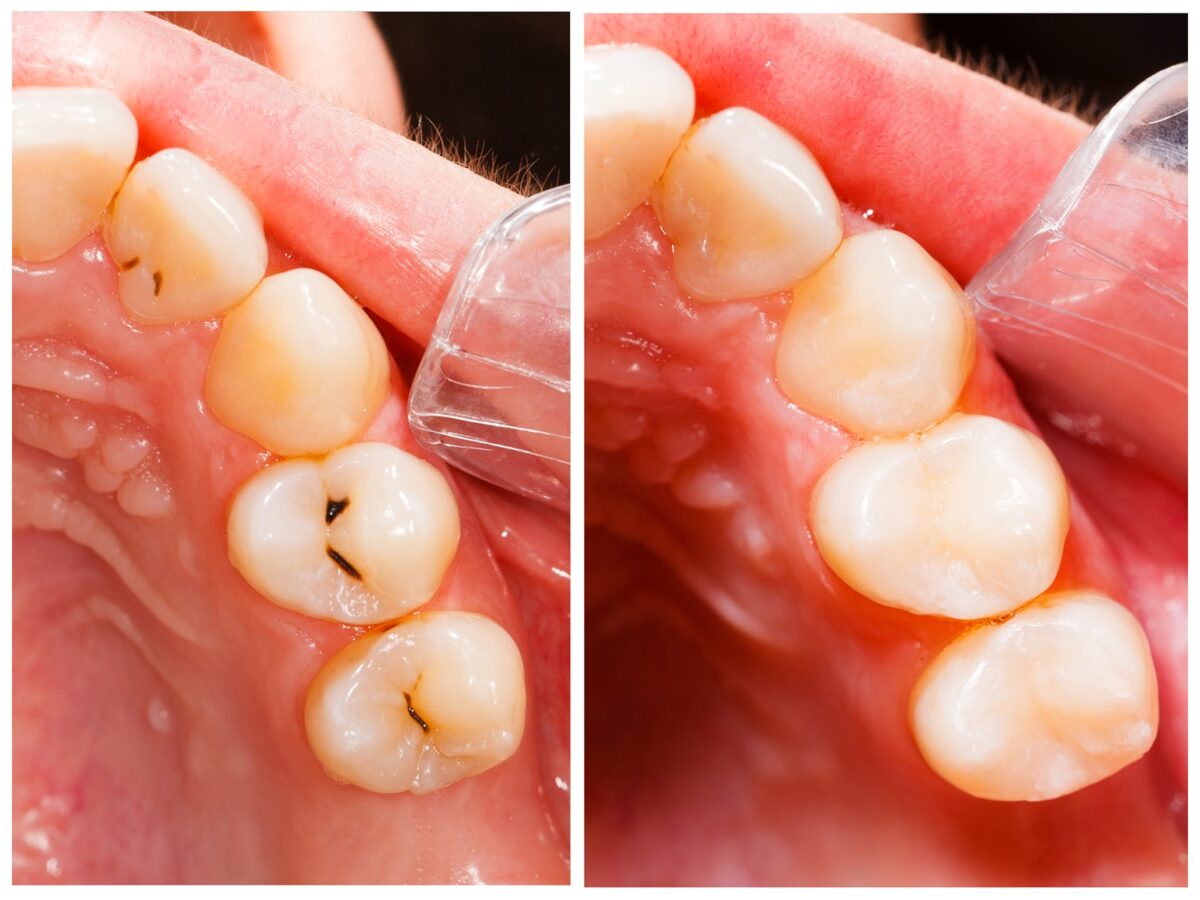Healthy teeth and gums require good oral care, a diet low in sugar, adequate saliva production, and regular dental check-ups every 6-12 months.
However, certain medications and oral infections can impact our oral health. Some medications can lead to gum issues, such as inflammation or bleeding. If left untreated, diseased gums can escalate to severe dental problems, including tooth loss.
Some medications can also alter your mouth’s taste, making it essential to consider alternatives that won’t compromise your oral health. With the right medication, you can maintain a radiant smile while addressing other health conditions.
Types of Medications That Affect Oral Health:
- Antidepressants: These can cause dry mouth, increasing the risk of tooth decay.
- Antihistamines: These might elevate the risk of gum problems and cause significant mouth dryness.
- Antihypertensives: These can result in severe gum swelling and overgrowth.
- Aspirin: Being acidic, aspirin can damage tooth enamel. It should be swallowed, not chewed, and taken only when prescribed.
- Syrups: Medicated syrups often contain high sugar levels, which can lead to tooth decay if teeth aren’t brushed afterward.
- Antibiotics: Prolonged or excessive dosages can trigger oral fungal infections.
Oral Conditions Caused by Medications:
- Dry Mouth (Xerostomia): A significant reduction in saliva can lead to cavities and elevate the risk of infections. To maintain healthy gums and teeth, drink plenty of water and avoid highly acidic or sugary beverages. A dry mouth can also be a precursor to other conditions, so staying hydrated is crucial.
- Abnormal Bleeding: Many anticoagulant medications, like aspirin, can reduce blood clotting. It’s vital for your dentist to be aware of any medications you’re taking. Blood thinners can lead to unusual bleeding if there’s a cut in the mouth during treatment.
- Enlargement of Gums: Overgrown or enlarged gums, known as gingival overgrowth, can vary among individuals. Good oral hygiene can minimize its effects, but only a dentist can treat the condition by removing excess tissue.
- Fungal Infection: Oral thrush, a fungal infection, arises from yeast accumulation in the mouth. Overusing antibiotics or inhalers can compromise your immune system, leading to this condition. Consuming a high-glucose diet during an infection can worsen the situation. Cleaning inhalers and dentures after use can help reduce the risk of oral thrush.
Tips to Prevent Gum and Teeth Problems:
- Avoid sodas and carbonated soft drinks.
- Opt for sugar-free gum.
- Steer clear of candies and lollipops.
- Limit alcohol consumption.
- Schedule dental check-ups every six months.
- Reduce or quit smoking.
- Rinse your mouth after consuming acidic medications.
- Maintain regular dental care, including brushing twice daily and flossing.
- Always consult your pharmacist about the potential dental health impacts of medications you’re considering.
Final Thoughts:
Certain medications can significantly impact your oral health. It’s crucial for your dentist to be informed about your medication regimen, alcohol consumption, and smoking habits.
Concealing medication details from your dentist is not advisable. Only take prescribed medicines and remain vigilant for any adverse symptoms.
If you experience discomfort, pain, or any of the symptoms mentioned above due to medication, consult your dentist promptly.
Medications and oral infections can jeopardize your radiant smile. Adopting preventive measures and maintaining good oral habits will benefit you in the long run.




